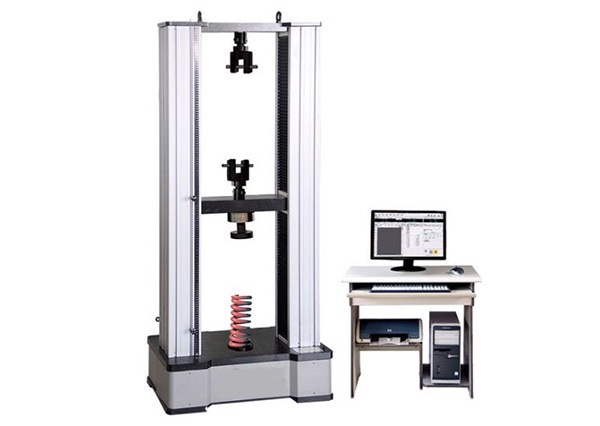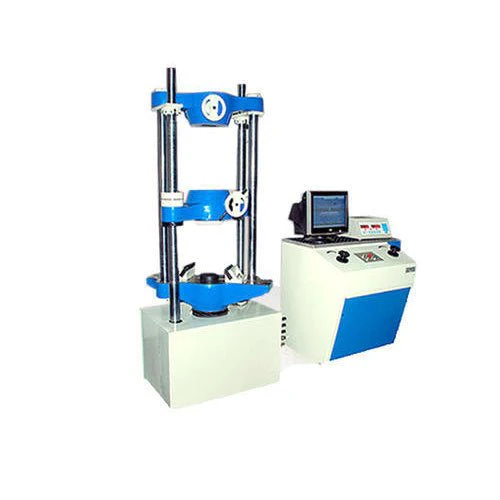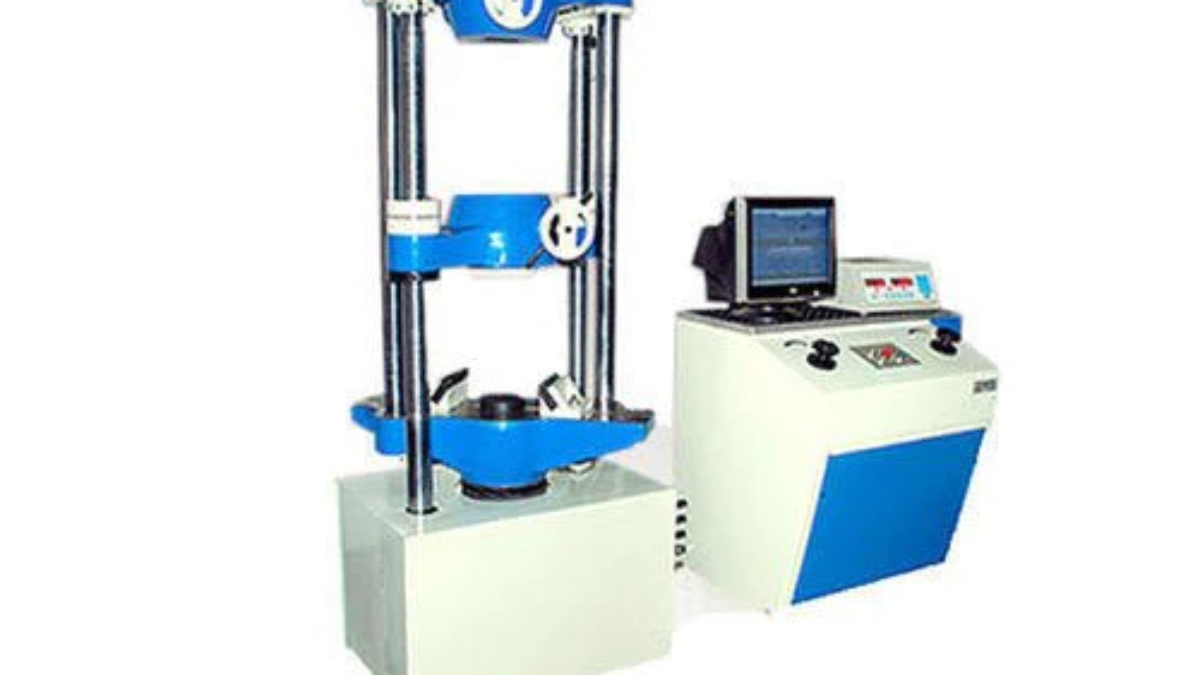Material Testing Lab Services in chennai
Introduction
Imagine you’re holding a new smartphone. The screen is clear, the body strong, the plastic parts sturdy, the casing sleek. Everything feels right. But behind that flawless finish is a whole world of material science—properties tested, failures prevented, standards met. If even one material component fails, user experience, safety, reputation—everything is at stake.
In India’s fast‑growing industrial ecosystem, manufacturers, designers, innovators all need reliable, credible, and comprehensive material testing lab services. Whether you’re in automotive, electronics, packaging, plastics & rubber, or construction, knowing your material’s behavior under stress, heat, chemical exposure, moisture, or just normal wear & tear is non‑negotiable.
That’s why Material Testing Lab Services in India – Kiyo R&D Lab is more than just a lab. It’s your partner in quality, in compliance, in innovation. In this blog, we’ll explore:
- What material testing is and why it matters
- Types of tests and international/Indian standards used
- What Kiyo R&D Lab offers and what sets it apart
- How to choose the right material testing lab service in India
- Real‑world applications and benefit stories
- Conclusion: Why investing in good material testing pays off

Why Material Testing Lab Services Are Important
- Ensuring Safety & Reliability
Some materials go into safety‑critical parts—automotive components, medical devices, structural elements. If a material behaves unexpectedly (cracks, degrades, loses strength), it could be dangerous. Testing materials ensures that they perform safely under expected and unexpected conditions. - Meeting Regulatory Requirements & Certifications
To sell in domestic and international markets, you often need to comply with standards from bodies like BIS (Bureau of Indian Standards), ASTM (American Society for Testing and Materials), ISO (International Organization for Standardization), etc. Test reports from accredited labs are often mandatory for import/export, certification, regulatory audits. - Product Quality, Durability & Longevity
Materials are subject to many stresses: mechanical load, thermal cycling, UV exposure, chemical attack, moisture, fatigue. Testing lets you simulate those over time—help you select the right material, improve formulations, avoid failures late in product life that are costly in repairs or reputation. - Cost Efficiency & Risk Mitigation
It’s far cheaper to catch material deficiencies early, during R&D or prototyping, than to recall products, face warranty claims, or suffer brand damage. Also, proper material testing helps avoid overdesign—using more material or more expensive materials than required. - Innovation & Competitive Edge
As materials evolve (polymers, composites, bio‑materials, conductive materials, etc.), new challenges and opportunities arise. Testing labs help you explore performance trade‑offs, optimize for weight, cost, sustainability, and help reach new markets with confidence.
Key Types of Material Testing & Standards
Here are common tests you’ll want to consider, with the standards used in India and globally. Any good material testing lab service should offer many of these.
| Type of Test | What It Measures / Why It Matters | Example Standards or Bodies |
|---|---|---|
| Mechanical Tests | Tensile strength, compressive strength, flexural strength, impact resistance, hardness. Critical for structural materials, load‑bearing parts. | ASTM D638, ASTM E8, BIS IS 516, ISO 527, ISO 178, etc. |
| Thermal / Thermal‑Accelerated / Cyclic Testing | How material behaves under heat, cold, repeated temperature change; melting point; heat distortion; thermal conductivity. | ISO 75, ASTM E1269, BIS etc. |
| Environmental & Durability Testing | Aging, UV exposure, moisture, humidity, salt mist or chemical exposure. Evaluates long‑term behavior in real‑world exposure. | ISO 4892, ASTM G154, BIS standards for weathering etc. |
| Chemical / Corrosion Tests | Resistance to solvents, acids, alkalis; corrosion of metals; interactions between material and chemicals it contacts. | ASTM D130, ASTM G31, relevant ISO/BIS chemical resistance standards. |
| Electrical / Insulation Properties | For materials used in electronics / insulation: dielectric strength, conductivity, insulation resistance, dielectric constant, etc. | IEC standards, ASTM, BIS, IEC 60243 etc. |
| Physical Properties | Density, surface finish, morphology, moisture content, porosity, color, optical clarity. These affect appearance, functionality, processing. | ISO, ASTM, BIS standards depending on property. |
| Specialized / Composite / Advanced Material Tests | For composite materials, bio‑materials, polymers with fillers, etc.: fatigue tests, fracture toughness, nano‑scale properties. | ISO 9001 for processes, specialized ASTM or ISO composite testing standard bodies. |
What Material Testing Lab Services in India – Kiyo R&D Lab Offers & What Makes It Stand Out
From research I gathered:
- Range of Services: Kiyo R&D Lab offers extensive material testing lab services. They test plastics, polymers, metal, rubber, coatings; mechanical, thermal, electrical, chemical / corrosion; degradation properties; product validation; customized / client‑standard tests. Kiyo R&D Center and Laboratory
- Accreditation: They are a NABL‑accredited laboratory. Accreditation under ISO/IEC 17025 is critical — ensures competence, traceability, rigorous quality control. Kiyo R&D Center and Laboratory+1
- Industries Served: Automotive, Plastics & Rubber, Electrical & Electronics, Paint & Coating, Packaging & Printing, Textiles & Apparel. Having industry breadth means exposure to many kinds of material challenges. Kiyo R&D Center and Laboratory
- Advanced Equipment & Expertise: Their facility in Chennai (Plastic & Rubber Testing Laboratory) is equipped to test mechanical, thermal, chemical, environmental properties of plastics & rubber. Kiyo R&D Center and Laboratory
- Customized & Customer‑Standards Tests: They offer test plans built around customer requirements or special standards if needed. This flexibility is often what distinguishes a good lab from a great one. Kiyo R&D Center and Laboratory
- Product Validation, Failure Analysis, Reverse Engineering: These are value‑add services beyond just test data; they help if something goes wrong, or you are designing new materials or composites. Kiyo R&D Center and Laboratory
How to Choose the Right Material Testing Lab Service in India
If you are selecting a lab (maybe considering Kiyo R&D Lab or others), here are key criteria & questions to ask:
- Accreditation & Lab Recognition
- Is it NABL‑accredited / ISO/IEC 17025 compliant?
- Are test reports accepted by regulatory or certification bodies, or export/import authorities?
- Range & Relevance of Testing Capabilities
- Does the lab cover mechanical, thermal, chemical, etc., as needed for your material?
- Does it have environmental chambers, advanced measuring instruments, ability to simulate real‑world exposure?
- Standard vs Custom Tests
- Are there off‑the‑shelf standard tests?
- Can the lab do customized tests? (e.g. for a special composite, or for specific climatic exposure)
- Turnaround Time & Reporting Quality
- How fast can they deliver reports?
- Are test reports detailed (with data, graphs, interpretations) and usable in your regulation/certification/part specification?
- Technical Support & Expertise
- Do they offer consultation, failure analysis?
- Are their staff experienced, especially in materials like yours (polymers, composites, metals, etc.)?
- Cost vs Value
- Price matters, but what you get (accuracy, reputation, data integrity, ability to avoid downstream failures) often is more important.
- Geographic Location & Sample Logistics
- Closer labs may reduce shipping/sample handling costs and risks.
- Labs with good quality control in handling samples matter (sample prep, handling, storage conditions).
Real‑World Applications & Benefit Stories
Here are a few hypothetical (plus based on observed) use‑cases to illustrate how “Material Testing Lab Services in India – Kiyo R&D Lab” can make a difference.
- Automotive Plastic Parts: A manufacturer of plastic trim or parts wants to ensure the part does not warp under sun heat, resists chemical splash from fuel or cleaning fluids, and stays dimensionally stable. Kiyo’s thermal cycling, chemical resistance, tensile strength and deformation tests help ensure these.
- Electrical Insulation Material: Suppose a company making electrical casings or PCBs. Material must have good dielectric strength, low thermal expansion, resistance to moisture. Kiyo’s electrical properties & environmental exposure tests validate performance.
- Packaging Material: For biodegradable plastics or multilayer films, you’d want to test barrier properties, flexibility, puncture resistance, moisture ingress, optical clarity, seal strength. Material testing helps choose right blends.
- Coating & Paints: For coatings, adhesion to substrate, hardness, scratch resistance, weathering, UV exposure, chemical resistance are key. Kiyo offers test services in paint/coating properties. Kiyo R&D Center and Laboratory
- New Material or Composite R&D: Suppose you are developing a bio‑composite or a novel polymer blend. You need data on strength, fatigue, thermal behavior, chemical interactions. Material testing helps you iterate, optimize, and also produce data needed for certifications or marketing.
One example from publicly available is that Kiyo R&D Lab’s Plastics & Rubber Testing Laboratory in Chennai offers a full suite to assess mechanical, thermal, chemical, and environmental properties of plastics & rubber. That helps customers ensure quality, safety & compliance. Kiyo R&D Center and Laboratory
Comparison: Kiyo R&D Lab vs Other Labs in India & Standards Bodies
It helps to see Kiyo in the context of the broader landscape:
- Standards Bodies & Regulations: BIS (Bureau of Indian Standards) defines many of the Indian Standard (IS) requirements. Testing labs recognized or empanelled under BIS or having test methods aligned with BIS standards can help in regulatory compliance. Bureau of Indian Standards+2ecinternational.co.in+2
- Accreditation: NABL is a must‑check. Kiyo R&D is NABL accredited, which means its test results and calibration are recognized and trusted. Kiyo R&D Center and Laboratory
- Other Testing Labs: There are other material testing labs in India which conform to ASTM, BIS, DIN etc., like Shivaanalyticals which offer materials testing procedures conforming to international standards. shivaanalyticals.com
- Specialized labs in certain industries: Construction materials (concrete, steel, soil etc.), coatings, electronics etc. Some labs specialize. Kiyo’s strength is breadth + ability to customize.
So, when comparing, Kiyo R&D Lab stands strong on accreditation, breadth of capability, and flexibility for custom needs.

Conclusion
In a world where consumers expect safety, durability, performance, and where regulations (both domestic and international) are ever‑tightening, manufacturers and product creators cannot afford guesswork. They need data. They need validated, accredited, comprehensive material testing.
Material Testing Lab Services in India – Kiyo R&D Lab offers precisely that: a lab that combines technical rigor, broad test capability, accreditation you can trust, and a client‑focused approach. When you work with them, you don’t just get test reports—you get insights, you get assurance, you get a foundation for product success.
If you are developing a product, selecting materials, optimizing for cost or durability, seeking regulatory compliance, or simply want to mitigate risk—partnering with a lab like Kiyo R&D Lab is not just a smart move—it’s essential.
- NABL (National Accreditation Board for Testing & Calibration Laboratories) – for reference to accreditation, ISO/IEC 17025 etc.
- Bureau of Indian Standards (BIS) – especially pages about testing facilities, recognised labs, testing standards.
- ISO (International Organization for Standardization) – for general standards and lab competence (ISO/IEC 17025 etc.).
- ASTM International – for material testing standard methods (ASTM tensile, impact, environmental etc.).
- Intertek or other well‑recognised global testing labs / bodies (building materials testing, electrical, etc.)

